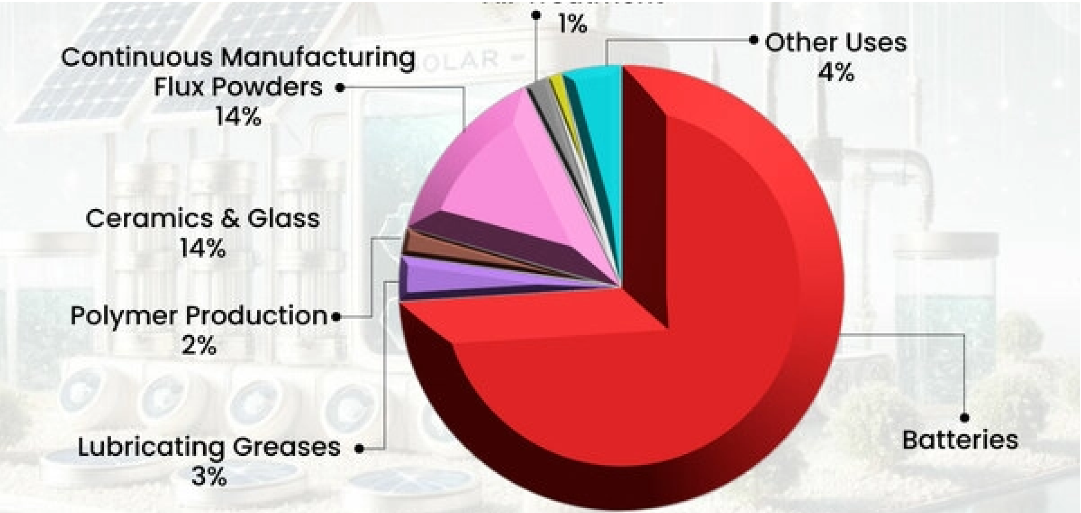Japan Resumes Nuclear Energy Projects Following a Shift Towards Clean Energy Transition in 2025
Japan has made a remarkable amendment to its energy policy, indicating an increased emphasis on nuclear energy in 2025. It plans to achieve a 20% share of nuclear energy in electricity generation by 2040, a complete reversal from its post-Fukushima stance of reducing nuclear energy dependency. At the same time, Japan is trying to achieve an optimal balance between energy security, climate targets, and economic growth in the face of unprecedented global energy volatility.
For the last decade and a half, Japan has been moving towards a phase-out of nuclear energy due to increasing opposition and safety issues surrounding the Fukushima Daiichi nuclear accident. The new proposed changes come after reasoning due to increased global energy prices, the ongoing geopolitical conflict, and a drastic demand for carbon emission reductions. Japan is notoriously known for its import reliance on fossil fuels while trying to achieve energy self-sufficiency alongside a net-zero carbon emission policy target for 2050. Nuclear energy is now seen as a tool for attaining energy self-sufficiency and sustainability in the long term.
Shifting to nuclear energy has had too many environmental costs, resulting in growing opposition amongst the public. Critics also claim that aging reactors, seismic activity, and the possibility of future nuclear disasters act as serious threats. Other regions' environmental regulators have also ensured safety regulations, but there remains much-paddled discourse and disagreements around the turn-on of reactors. Communities close to nuclear power stations have raised issues about the possibility of accidents, managing radioactive waste energy, and the environmental effects over the years.
Japan is far from the only nation globally looking to harness nuclear energy, with Japan building solar, wind, and hydrogen-based energy solutions to modernize its electricity sources. Japan has pledged to augment its renewable energy plan, establishing the country as a primary electric energy supplier to the world by utilizing advanced domestic solar technology. This strategy revolves around the belief that using Japanese innovation would enable Japan to eliminate dependancy on China, as these panels are lightweight, expected to massively increase the use of clean energy globally.
Work is actively being done on developing new advanced nuclear reactors, such as small modular reactors (SMRs) and the subsequent power fission technology. These innovations provide heightened safety standards alongside super-low energy waste generation and an overall more efficient power source.
Japan's decision to adopt nuclear energy again demonstrates the renewed interest in re-evaluating atomic power as a resourceful substitute for fossil fuels across the globe. As Japan's clean energy strategy has both renewables and nuclear as constituents, the success of this transition will hinge on sociocultural acceptance, technological development, and optimal safety measures. The minute Japan decides to push through with its energy reshift, Japan will indeed have to deal with the socio-political ramifications of the challenges stemming from the nuclear revival, which the world is simultaneously closely observing.

